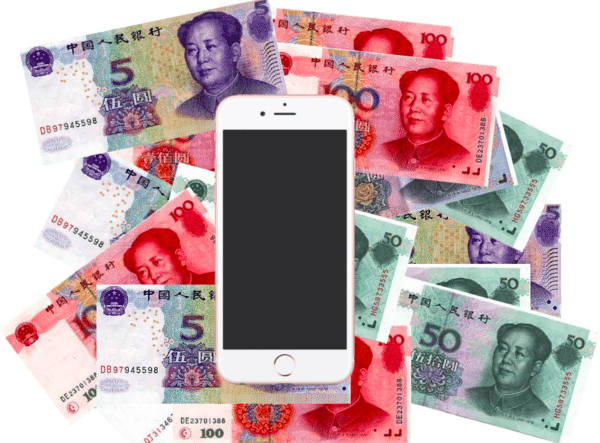 Li Lihui, the former president of the Bank of China, claims that the nation’s highly-anticipated virtual yuan will be launching soon.
Li Lihui, the former president of the Bank of China, claims that the nation’s highly-anticipated virtual yuan will be launching soon.
Lihui has argued that the digital renminbi could potentially replace cash.
The central bank digital yuan, or CBDC, is still in its testing phase and has been frequently discussed by Chinese consumers. Internet searches on the impact of the virtual yuan and decentralized cryptocurrencies have increased significantly.
During a live-streaming discussion on People’s News on May 5, 2020, Lihui said that unlike widely-used Chinese payment services, Alipay and WeChat Pay, the digital renminbi has been designed to function as an independent currency and payment system.
Lihui explained that the virtual yuan will not be linked or be dependent on any external network or third-party banking service provider. But he believes that the digital yuan can only replace cash or other legacy payment platforms if it can provide greater overall efficiency.
To achieve mass adoption in China, the digital renminbi must also offer reduced transaction costs, and “enough economic scale with commercial value, and people’ acceptance,” Lihui said.
Lihui added that if a currency leverages the latest digital technology, then it may be called a digital currency. According to him, currencies may be categorized as legal digital currency (which may be central bank digital currencies or CBDCs), blockchain-enabled cryptocurrency, and “trusted” institution virtual currency.
Decentralized cryptocurrencies, like Bitcoin (BTC), have been developed in a manner that makes them pseudo-anonymous, but also transparent at the same time – since all transactions are visible on blockchain explorers.
Lihui clarified that the virtual renminbi allows for technology that can carry out anonymous transactions. But he also noted that certain limits may be placed on the number of transactions users may perform and the actual amounts transferred via so-called anonymous payments.
The Bank of China has been conducting pilot testing on its CBDC at different sites throughout the country, and claims that it will not cause inflation.

